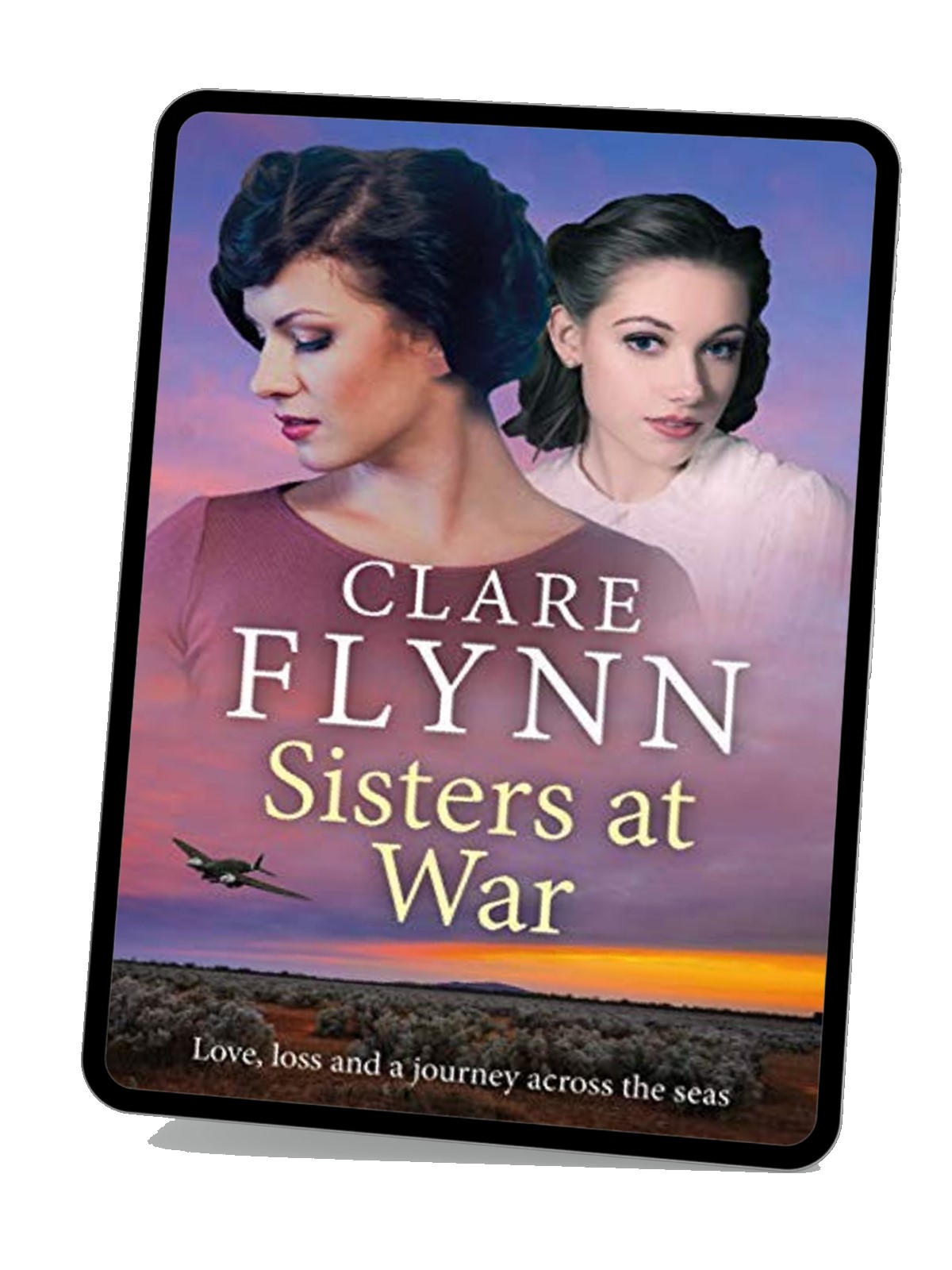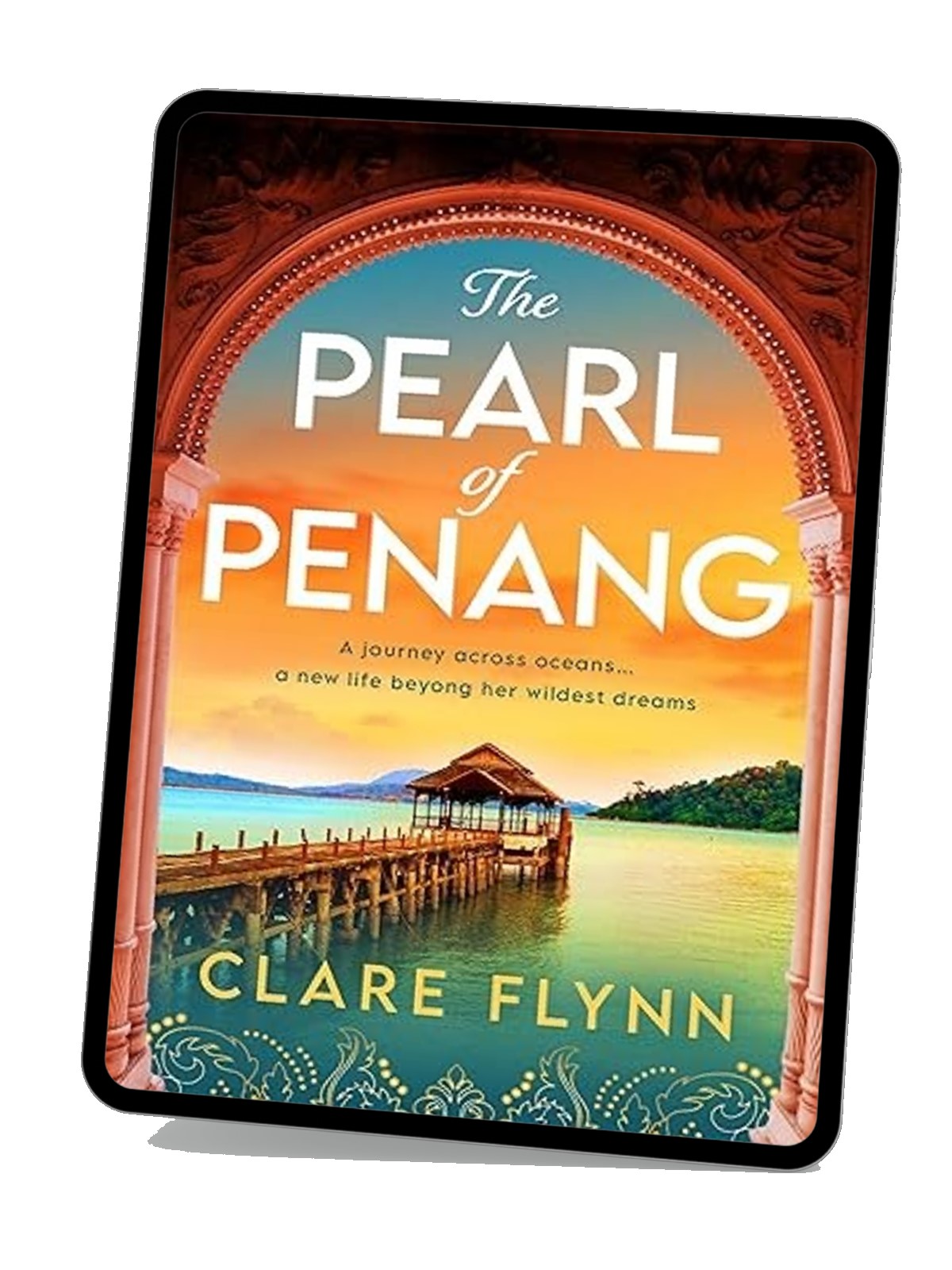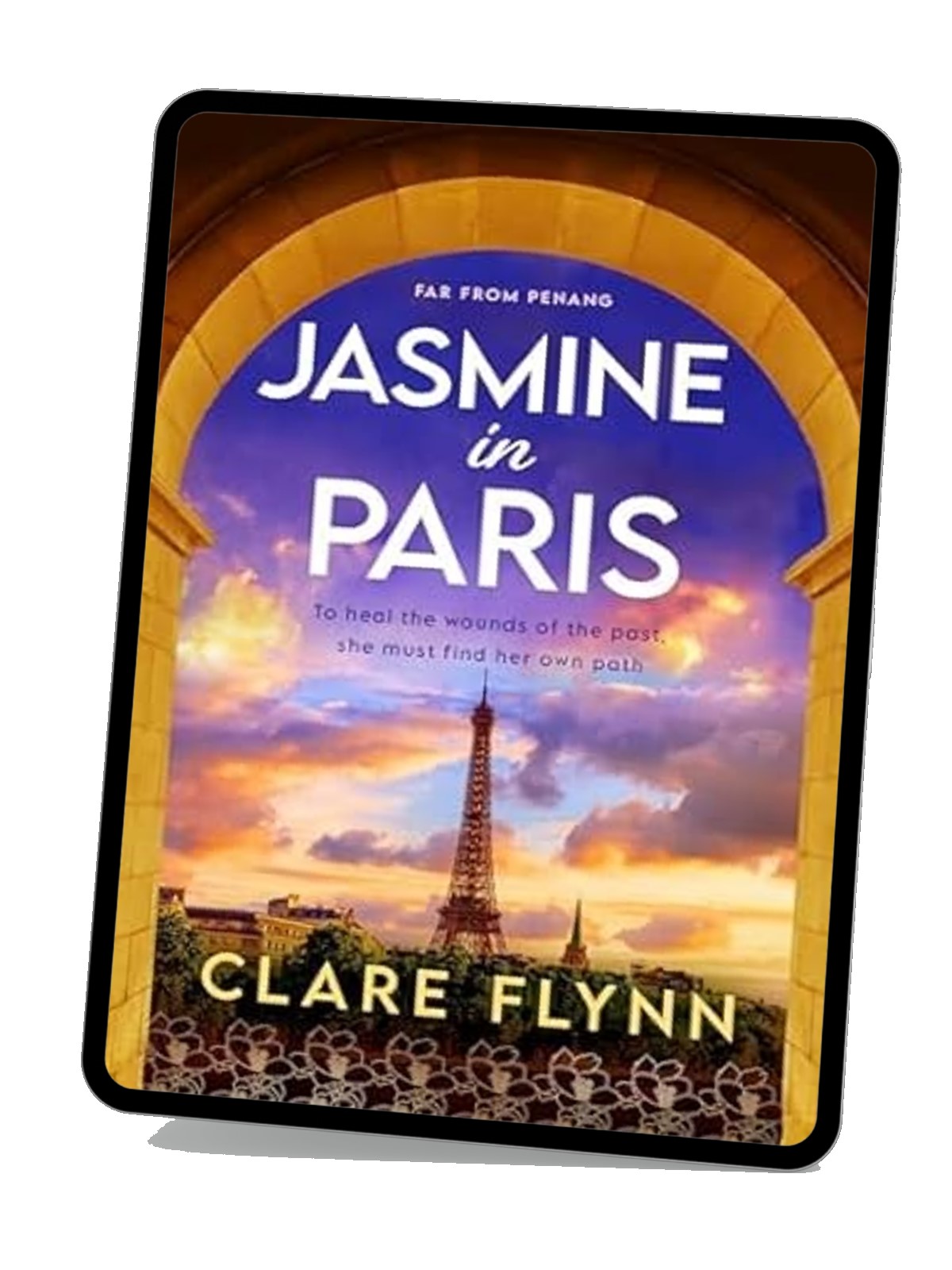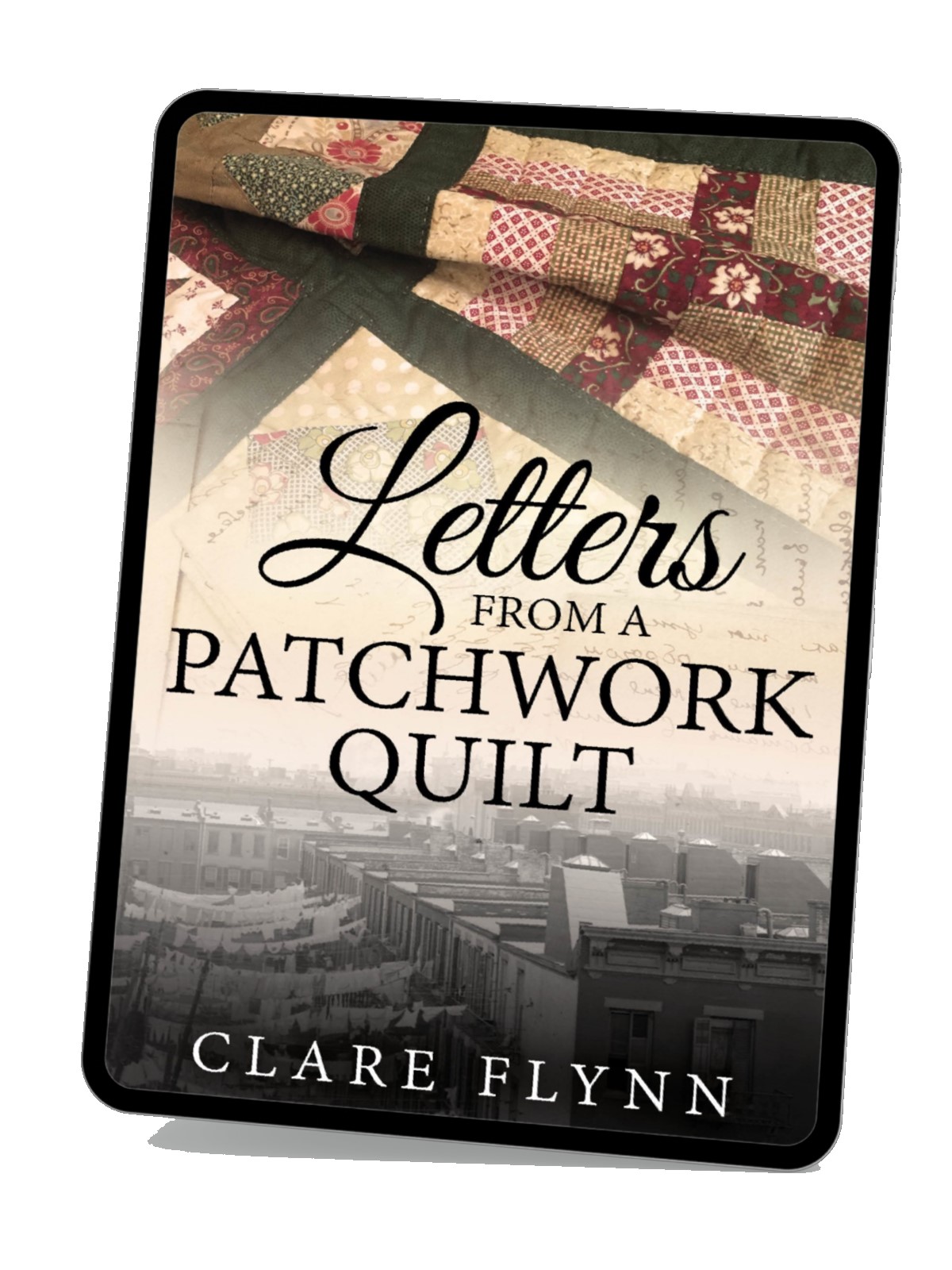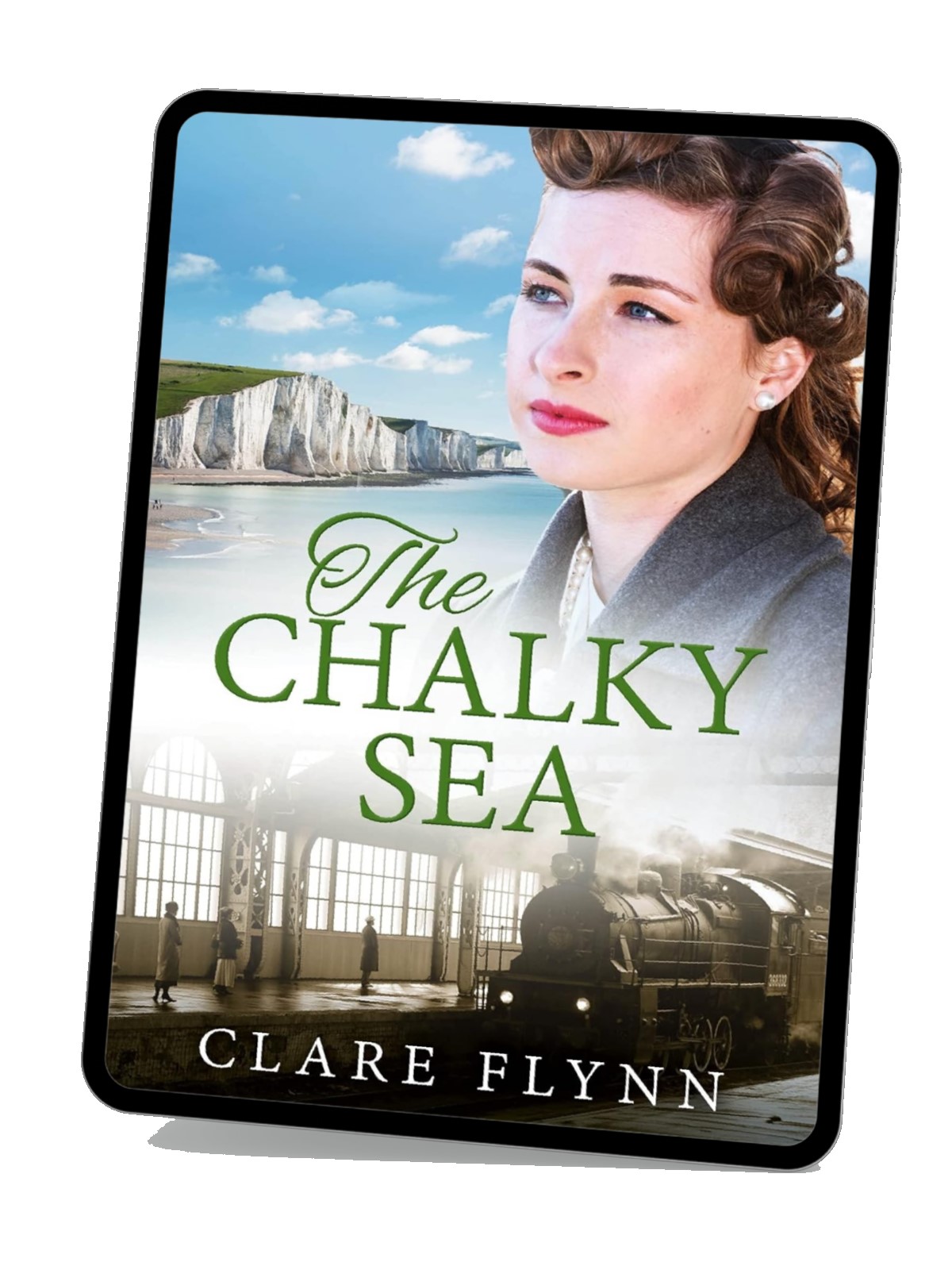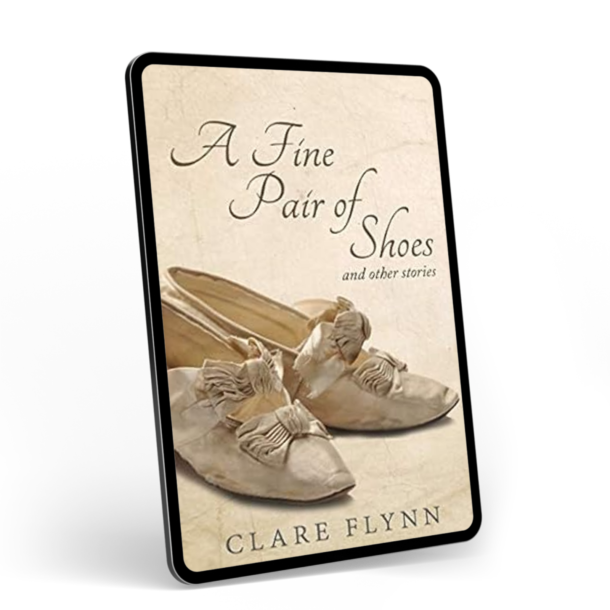A Greater World
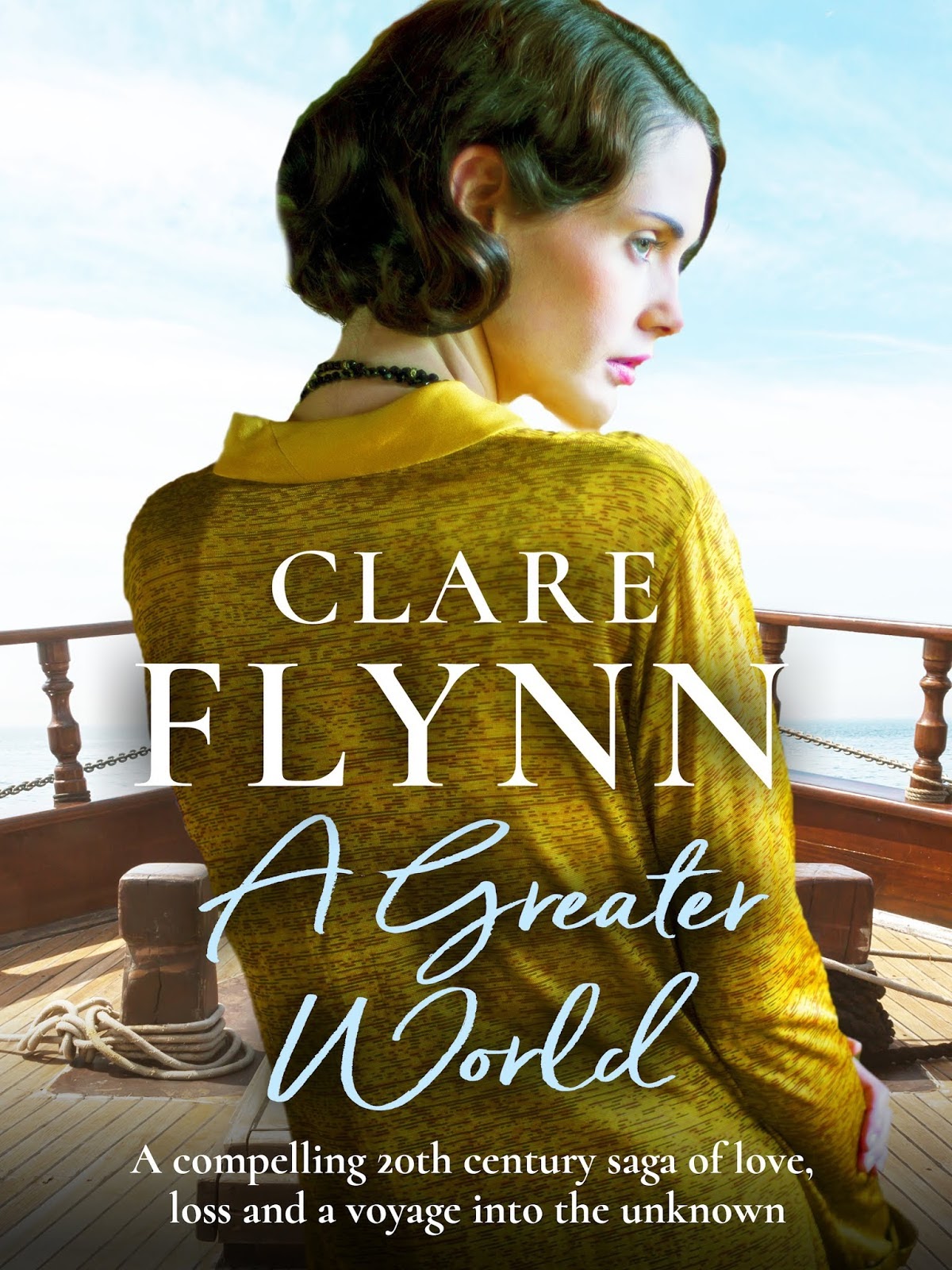
SHE CROSSED THE WORLD TO MARRY A STRANGER
When Elizabeth Morton discovers her father wants her to travel to the other side of the world to marry a complete stranger, she decides he must be insane. This is 1920 and a woman has rights – she might still be too young to vote, but she’s not going to be treated like a chattel. But she’s reckoned without the brother-in-law she’s always despised, who brutally shatters her comfortable world, so she has no choice but to sail to Australia.
When Michael Winterbourne, a Cumbrian lead miner wakes up with a hangover after his engagement celebrations, he has no idea he is about to be the cause of a terrible tragedy that will change his life and destroy his family.
When Michael and Elizabeth meet on the SS Historic, bound for Sydney, they are reluctant emigrants from England. They may dare to think their troubles are over, but they’ll find they’re only just beginning.
A Greater World is set in the early 1920s, a period of transition between the old pre-World War One way of life and the post-War, with the coming economic Depression, major social change and the evolving role of women in society. The novel moves from the dales of Cumberland and the docks of Liverpool to Sydney and the beautiful Blue Mountains.
Listen to a sample of the audiobook, narrated by Sharon WIlliams
Audio sample A Greater World
WHY THE TITLE A GREATER WORLD?
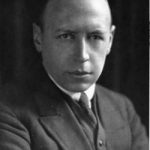 The title comes from the poem ‘The Blue Mountains: A Song of Australia’ by Alfred Noyes (that’s him in the picture):
The title comes from the poem ‘The Blue Mountains: A Song of Australia’ by Alfred Noyes (that’s him in the picture):
“And over the Blue Mountains We found a greater world.”
As the book is set in the Blue Mountains and both Elizabeth and Michael are forced to flee their old world for Australia, these lines seemed very apt. When they first arrive, neither of them is optimistic about what Australia will bring to them. They are there as a result of tragic circumstances not personal choice.
The poem was put to music by Edward Elgar and was written around about the same time as the book takes place so, when I stumbled upon it, it seemed a perfect choice. I also like the Elgar connection as I can imagine Elizabeth listening to Elgar’s music or maybe playing The Enigma Variations on her violin and feeling nostalgia for England. And as a child, my favourite poem was by Alfred Noyes – The Highwayman – you know the one who kept “riding, riding, riding, up to the old inn door”. Old fashioned and unashamedly romantic – but I loved it.
What readers are saying about A Greater World
Watch the Trailer For A Greater World
You might also like:
